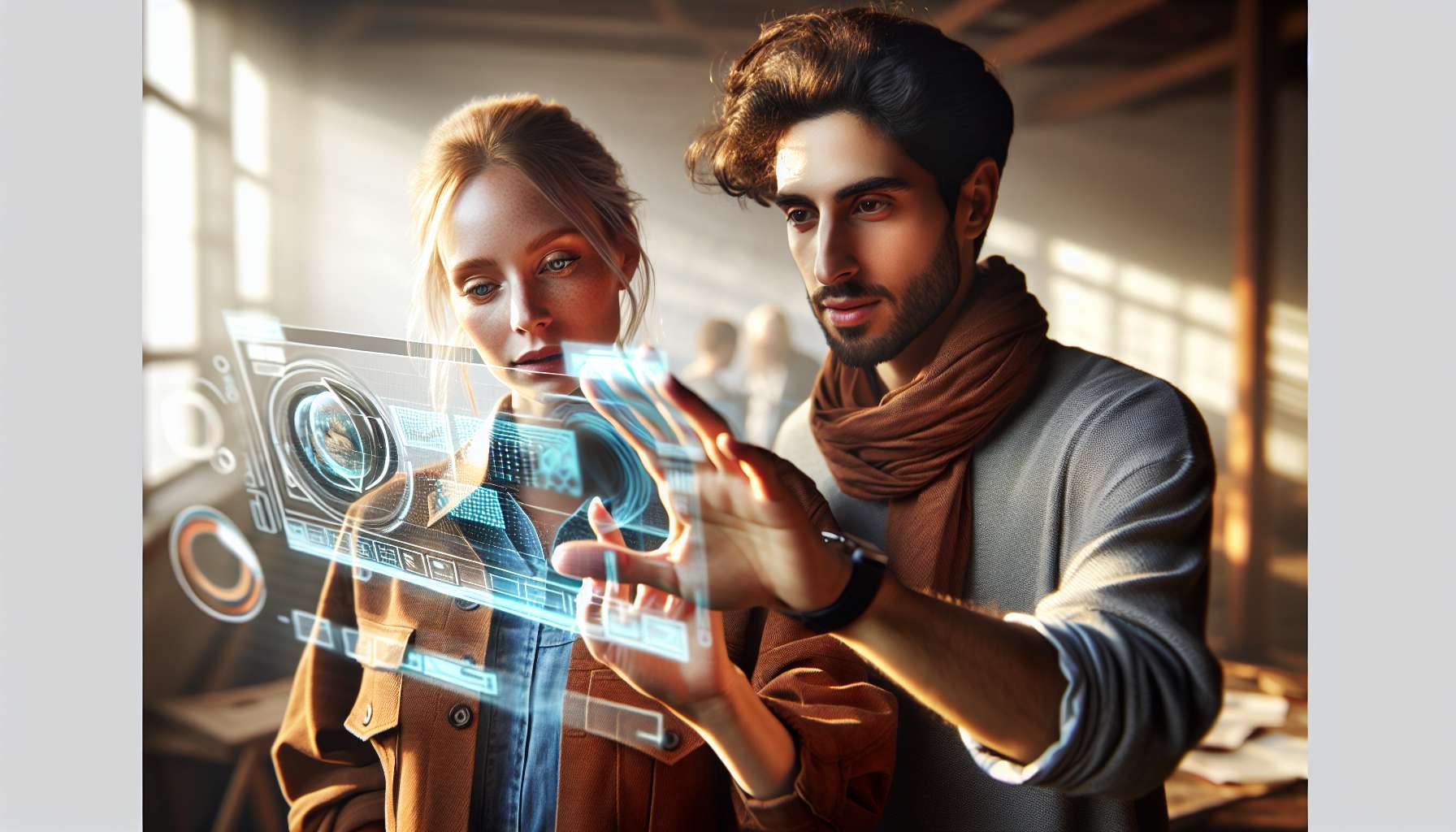The Dynamic Role of AR in B2B Content Marketing
Augmented Reality (AR) has emerged as a game-changer in various industries, revolutionizing the way businesses engage with their customers. One area where AR is making a significant impact is in B2B content marketing. As businesses strive to stand out in a crowded digital landscape, AR offers a unique and immersive way to capture the attention of potential clients and deliver memorable experiences. In this article, we will explore the dynamic role of AR in B2B content marketing and how it is shaping the future of this field.
Enhancing Product Demonstrations
One of the key challenges in B2B marketing is effectively showcasing complex products or services. AR provides a solution by allowing businesses to create interactive and realistic product demonstrations. With AR, potential clients can visualize products in their own environment, enabling them to make informed decisions. For example, a manufacturing company can use AR to showcase their machinery in operation, giving clients a virtual tour of their facilities without the need for physical visits.
Engaging Storytelling
Storytelling is a powerful tool in marketing, and AR takes it to the next level. By integrating AR into content marketing strategies, businesses can create immersive narratives that captivate their audience. For instance, a software company can use AR to showcase how their product solves real-world problems by overlaying virtual elements onto physical environments. This interactive storytelling approach not only grabs attention but also leaves a lasting impression on potential clients.
Interactive Product Catalogs
Traditional product catalogs can be dull and uninspiring. AR transforms them into interactive experiences that allow potential clients to explore products in a more engaging way. By scanning a product catalog with a mobile device, clients can view 3D models, access additional information, and even place virtual products in their own space. This interactive element not only enhances the browsing experience but also increases the likelihood of conversion.
Virtual Trade Shows and Events
In the era of remote work and limited travel, virtual trade shows and events have become the norm. AR brings a new dimension to these virtual experiences by creating immersive environments that replicate the feel of physical events. Businesses can use AR to showcase their products, provide virtual demos, and even facilitate networking opportunities. This not only saves costs but also allows for a wider reach and increased accessibility.
Data Analytics and Personalization
AR-powered content marketing also offers valuable insights through data analytics. By tracking user interactions and behaviors within AR experiences, businesses can gather valuable data to refine their marketing strategies. This data can be used to personalize future interactions, delivering targeted content that resonates with potential clients. Personalization enhances engagement and increases the chances of conversion, ultimately driving business growth.
The Future of B2B Content Marketing
The role of AR in B2B content marketing is set to expand even further in the coming years. As technology advances, AR experiences will become more seamless and accessible, allowing businesses to create even more immersive and interactive content. Additionally, the integration of artificial intelligence (AI) with AR will enable personalized and context-aware experiences, further enhancing engagement and conversion rates.
In conclusion, AR is revolutionizing B2B content marketing by providing businesses with innovative ways to engage with potential clients. From enhancing product demonstrations to creating interactive catalogs and virtual events, AR offers a dynamic and immersive approach to content marketing. By embracing AR, businesses can differentiate themselves, capture attention, and deliver memorable experiences that drive business growth. The future of B2B content marketing is undoubtedly intertwined with the power of AR.





